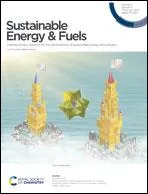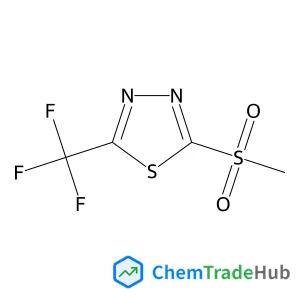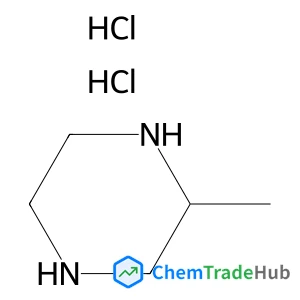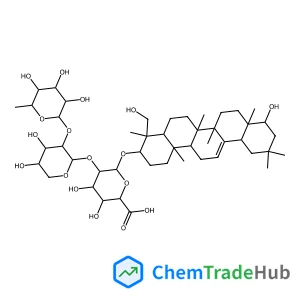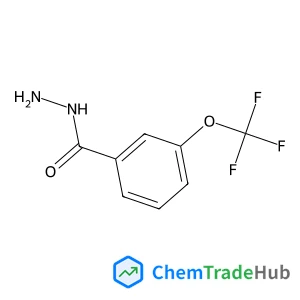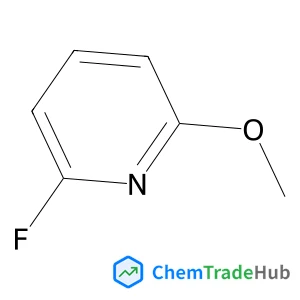Catalytic depolymerization of Kraft lignin to produce liquid fuels via Ni–Sn metal oxide catalysts
文献情報
Baikai Zhang, Wenzhi Li, Xiaomeng Dou, Jindong Wang, Lele Jin, Ajibola T. Ogunbiyi, Xiaosen Li
In this study, Ni–Sn metal oxide catalysts, with strong Lewis acidity, were prepared and applied in lignin depolymerization to produce liquefied fuels. The Ni–Sn metal oxide catalysts could cleave the lignin linkages and stabilize the reaction intermediates due to the high Lewis acidity and the hydrogenation of nickel sites. When the molar ratio of nickel to tin was 1 : 3, a liquid product yield of 90% and a petroleum ether soluble product (mainly monomers and dimer degradation products) yield of 60% were obtained at 310 °C for 24 h. Under these reaction conditions, the petroleum ether soluble product had a higher heating value (HHV) (36.45 MJ kg−1) than Kraft lignin (25.83 MJ kg−1). A meticulous study on Ni–Sn metal oxide catalysts revealed that Lewis acidity and the synergistic effect between Ni and Sn played an important role in lignin depolymerization.
関連文献
IF 6.222
MnO/C cubo-polyhedrons derived from α-MnO2@ZIF-8 as anode materials for high-performance lithium-ion batteriesIF 6.367
Biomimetic hydrogels designed for cartilage tissue engineeringIF 6.843
In situ growth of all-inorganic perovskite nanocrystals on black phosphorus nanosheetsIF 6.222
Inside back coverIF 6.222
Contents listIF 6.222
Insights into the mechanism of photosynthetic H2 evolution catalyzed by a heptacoordinate cobalt complexIF 6.367
Transition-metal-free insertion reactions of alkynes into the C–N σ-bonds of imides: synthesis of substituted enamides or chromonesIF 6.222
The dilemma between acid and base catalysis in the synthesis of benzimidazole from o-phenylenediamine and carbon dioxide‡IF 6.222
Direct arylation polycondensation towards water/alcohol-soluble conjugated polymers as the electron transporting layers for organic solar cellsIF 6.222
掲載誌
おすすめサプライヤー
 ARCOLOR AG
ARCOLOR AG 安徽異取同供バイオテクノロジーカンパニー
安徽異取同供バイオテクノロジーカンパニー 泰州市佳音化工有限公司
泰州市佳音化工有限公司 Berghof株式会社
Berghof株式会社 カーボゲン AMCIS AG
カーボゲン AMCIS AG 芜湖市トーマスバイオテクノロジーカンパニー
芜湖市トーマスバイオテクノロジーカンパニー FWA フリードリヒ · ヴェルンツゲスアパレートバウ GmbH
FWA フリードリヒ · ヴェルンツゲスアパレートバウ GmbH 揚中ウォッtonsジェミック株式会社
揚中ウォッtonsジェミック株式会社 Qu ímica Vaid, S. A. C. V. の
Qu ímica Vaid, S. A. C. V. の ナノロップ
ナノロップ










